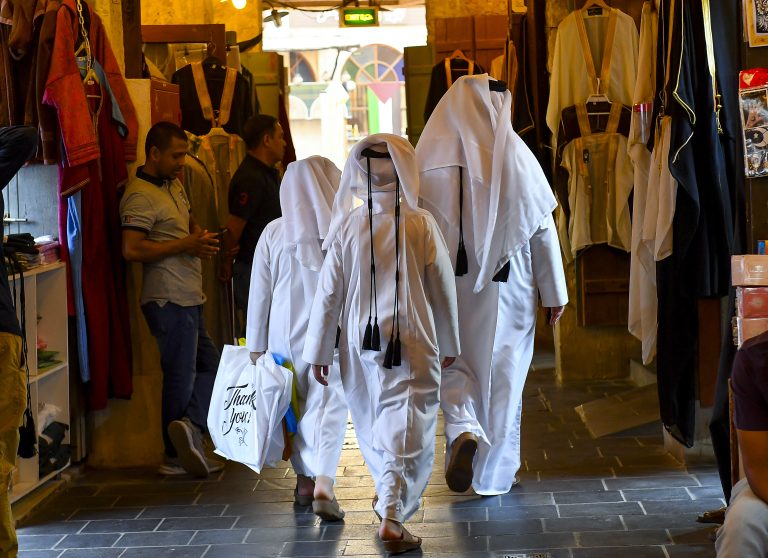São Paulo – Within its endeavors to develop a diversified economy and achieve sustainable development in the country, Qatar has launched a set of strategies and initiatives, state news agency QNA reported.
Environmental and sustainability issues are on the list of key priorities within the country’s National Vision 2030 and in its development strategies to preserve the use of resources in a way that ensures their existence for future generations. This includes the use of renewable energy sources, reducing water and energy consumption, improving energy efficiency in industrial processes, and focusing on achieving balance between human needs and preserving the environment.
The Qatari Ministry of Finance’s recent announcement of the issuance of green bonds totaling USD 2.5 billion, the first of its kind in the region, marks the entry of the country into a new phase of funding environmentally friendly projects aimed at combating the negative effects of climate change and protecting the environment through sustainable development.
Qatar’s carbon capture projects
State-owned QatarEnergy launched its updated sustainability strategy, which outlines multiple initiatives to reduce greenhouse gases emissions, including projects such as the further deployment of carbon capture and storage technology to capture over 11 million tons per annum of CO2 in the country by 2035.
Furthermore, the energy giant pursue efforts to advance its solar capacity to over 5 GW and other initiatives toward sustainability.
The country’s Ministry of Municipality has reached advanced stages in the process of recycling, waste treatment and utilization in accordance with international standards, in addition to ensuring public health.
Qatar managed to recycle all waste generated during the FIFA World Cup Qatar 2022 by achieving a 100% recycling rate.
According to data from the National Planning Council, the total number of new projects subject to environmental impact assessment increased from 2,428 projects in 2021 to 2,676 projects in 2022, reflecting a growing environmental focus alongside developmental progress.
Read more:
Brazilian starts specialist travel agency in Qatar
Qatar: Domestic demand, tourism drive growth
Statistics indicate that 99.8% of Qatar’s treated wastewater in 2022 met environmental standards. Treated wastewater was utilized for agricultural irrigation, with a total of 76.13 million cubic meters used annually. Additionally, 113.34 million cubic meters of treated wastewater were used for landscaping irrigation, while around 50.60 million cubic meters were injected into underground reservoirs annually.
The pillars of sustainability are part of the Expo 2023 Doha’s theme, encompassing the economic pillar – investing in innovative agricultural technologies– the social pillar – strengthening the connection between humans and nature to increase awareness – and the environmental pillar – transforming dry and barren lands into agricultural and forested areas.
Translated by Guilherme Miranda




